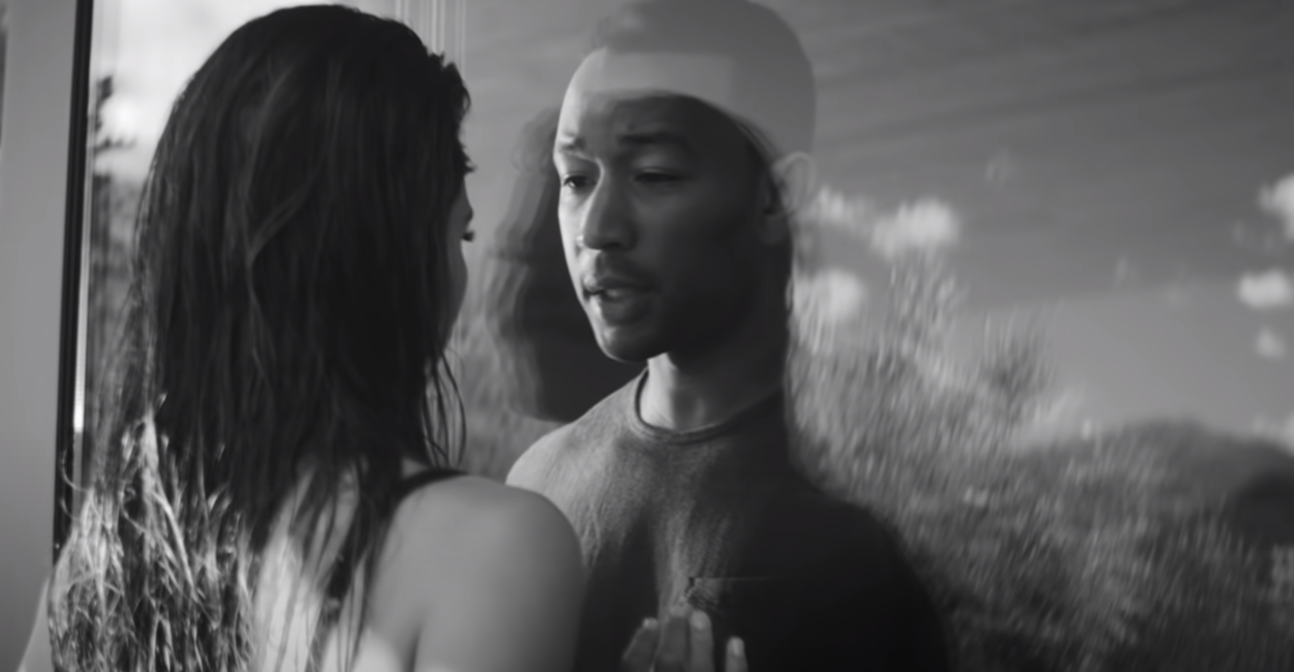Mourning the loss of a child through miscarriage
By MB Beacom
 Today’s society seems full of dichotomy. A world where up is down, and down is up, wrong is right, blue is red, private is public, sad is happy. In this environment, we recently watched celebrities John Legend and Chrissy Teigen blow up social media with intimate photos of grief, immediately during and after the loss of their unborn child through miscarriage. This came against the backdrop of their ongoing vocal advocacy of the right to abortion on demand, and the contrast seemed stark and incongruent.
Today’s society seems full of dichotomy. A world where up is down, and down is up, wrong is right, blue is red, private is public, sad is happy. In this environment, we recently watched celebrities John Legend and Chrissy Teigen blow up social media with intimate photos of grief, immediately during and after the loss of their unborn child through miscarriage. This came against the backdrop of their ongoing vocal advocacy of the right to abortion on demand, and the contrast seemed stark and incongruent.
We’ve grown accustomed to these contradictions. We all know friends and family who repeat the phrase, “I would never abort, but can’t tell another what to do”, or might even know someone who unapologetically aborted a child conceived at an inconvenient time, and later mourned a second or third child she had miscarried. In the latter case, it’s perhaps clearer and less confusing: the miscarriage has given the mother, and perhaps the baby’s father, an opportunity to mourn both of her lost children.
A generation or two ago, a woman was not allowed to publicly mourn her child lost through miscarriage. The secrecy surrounding miscarriage, and even early pregnancy, made it difficult to navigate those feelings of loss – but also made it possible for charlatans and thieves to illicitly sell potions and tinctures meant to end pregnancies, often with dangerous and disastrous results for both mother and baby. Then, and now, regardless of the circumstances, a mother’s grief can be intensely lonely – in part because she has been the only one to have met her own child, by carrying him under her heart. And in it.
Some years ago I worked with a group of parishioners to host a nationally known priest who spoke on death and dying. Providentially, he was also allowed to speak at the university hospital in the town in which we lived at that time. On the night of his talk, the large lecture theatre was filled with staff and medical personnel alike. Father approached the dais and began his prepared talk on caring for those in their last moments of life and for their families. About ten minutes in, he said, “ you know, I have a strong feeling I need to discuss an area of loss we aren’t often allowed to mention.” He proceeded to talk about his experiences ministering to families who had lost a child through miscarriage or stillbirth. He ended his comments this way:
“Whether through miscarriage or abortion, there is only one name for a man and a woman who’s child dies during pregnancy: that name is Parent. Name that child, and claim that child. When you die, your child who preceded you, will claim you as his mother or father, and introduce you, saying: this is my mom, this is my dad – they gave me life.”
The theological details of that statement might be arguable, but the biological and anthropological facts are not: when a man and a woman engage their cooperative reproductive systems, and that combined system is successful in its primary function (reproduction), those two people undeniably become parents.
And the resulting child is no longer a theoretical or potential human being, he IS. And he is forever the child of the two people who cooperated in his creation, knowingly or unknowingly, planned or unplanned.
It’s also a truth at the core of our humanity. Our emotions, though often dulled by a barrage of marketing and political rhetoric, are meant to build upon that primal instinct to care for the young that we, together, produce. As parents.
When Father ended his talk with those words, there were grown men in the room who were weeping. As people silently filtered out of the room, others approached Father, some pulling him aside to give their non-sacramental confessions. A woman in her 70’s approached me near the door, her eyes glistening. She reached for my elbow, and told me how she had miscarried her first child many, many years ago. “ I couldn’t tell anyone, “ she said, “but I named him.”
“Please, tell me his name, “ I asked.
“Gregory,” she said without hesitation, tears now spilling down her cheeks,” thank you. I just wanted someone to know.”
There’s an ugly voyeurism that’s attached to much of social media. Many times, it doesn’t bring out the best in people. But at the heart of any sharing is a primal need to be known. To have a name, and some confirmation that we exist and that what we see and feel and think is real. Social media didn’t exist back when Father gave his talk at the hospital years ago, but he understood the need to share life, death, and grief. It’s why so many responded to John Legend and Chrissie Teigen when they shared their own personal experience, and presumably it’s the reason they shared it themselves.
In part two of this essay I’ll talk more about where we go next with that need, both personally and as a pro-life movement, in an age of dichotomy, noise, and yet, ultimately, hope.
[MB Beacom is a wife, mother of ten, grandmother of seven, and freelance writer. She writes from her home in central Iowa on matters of faith, family, eldercare, obstetrics, art and design, sometimes rural life, and rarely politics. Be sure to read the second part of this essay.]
[subscribe2]
